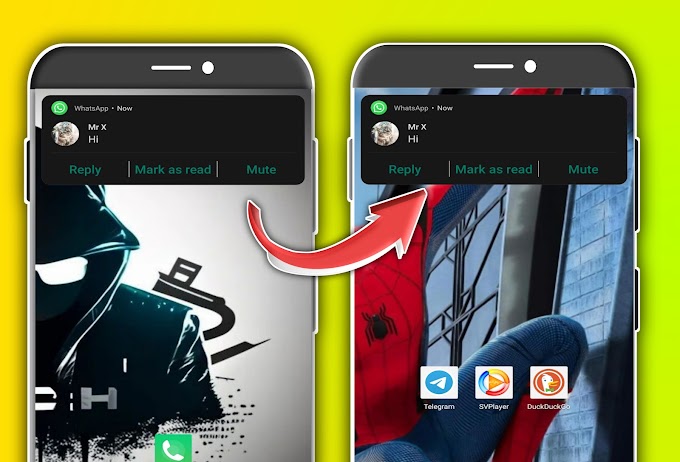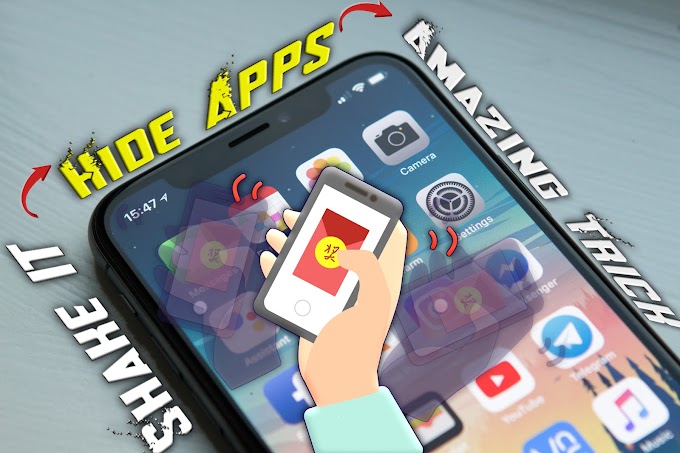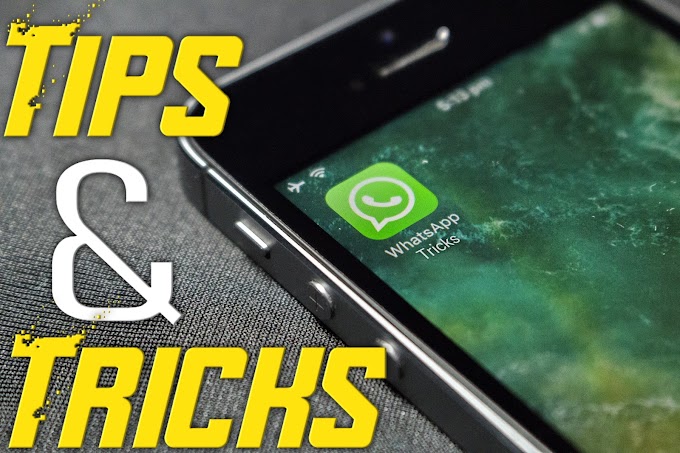Accessing information is a vital human right in the digital era, yet internet filtering can occasionally make it more difficult for us to explore the huge online world. There is a method that can help you bypass limits put in place by internet service providers or network managers so you can visit websites that are prohibited without using VPNs, proxies, or other third-party software. In this post, we'll explore the fascinating realm of DNS tunneling with your smartphone's built-in Google Chrome browser features. So without wasting a single second, let's begin with the topic How to Access Restricted Websites Without Any Third Party VPN, Tool or Proxy!
Let me clear something at the beginning, we are going to execute this trick on our smartphone, and will be using Chrome as browser. The thing which we are going to use in our method is DNS. By using DNS requests to reroute internet traffic, network administrators can circumvent website limitations. This technique is known as DNS tunneling. Users can easily open banned or restricted websites in Google Chrome by utilizing Cloudflare's encrypted DNS servers (1.1.1.1). Let's examine this method with a step by step procedure.
Step 1: First of all, launch Google Chrome browser in your smartphone.
Step 2: Navigate to the "Settings" menu within the browser.
Step 3: In the settings options, locate and tap on "Privacy and Security".
Step 4: Tap on "Use Secure DNS" option and turn it on, as it could be disabled by default.
Step 6: And at last, reboot Chrome browser, and you are all set. Now you can access any restricted website without the headache of installing any third party tool, VPN, or using any proxy.
This method can be used on your Desktop or Laptop as well, but the process will be a bit different compared to smartphone, so you open the settings of Chrome, then search for "Privacy and Security" option, then check if "Use Secure DNS" option is accessible in your browser or not, because when I was trying to apply the same settings in some laptops and desktops, for some this option was accessible, meanwhile for some it wasn't. Once you enable it and choose "Cloudflare (1.1.1)" then you will be able to access restricted websites on your PC.
What is Cloudflare (1.1.1)?
The DNS (1.1.1.1) provided by Cloudflare offers a reliable workaround for website limitations. Cloudflare, a well-known DNS provider, guarantees quick and safe domain name resolution. By using Cloudflare's servers to handle DNS requests, you can view a variety of previously inaccessible websites.
DNS tunneling eliminates the need for extra software or tools, in contrast to conventional techniques for accessing banned websites. The user experience is made simpler by the process' complete integration with the Google Chrome browser.
After configuring Cloudflare DNS, visiting websites that are restricted becomes easy. You won't have to switch between external apps or remember them because all of your browsing is done inside the browser.
With a focus on security and privacy, Cloudflare's DNS (1.1.1.1) makes sure that your internet traffic is protected and encrypted. You can browse more comfortably with this extra layer of security without worrying about your data being compromised.
Considerations and Limitations:
While DNS tunneling is an effective method, it's crucial to acknowledge potential limitations:1. Advanced networks may still be able to identify DNS tunneling activity. Hence, use caution on networks equipped with sophisticated monitoring systems when trying to access banned websites
2. Respect local laws and ordinances pertaining to the use of the internet and accessing websites. Steer clear of websites that are blocked by law enforcement agencies.
Certain Websites That Are Blocked in Specific Environments
1. YouTube: YouTube is blocked in many businesses and schools. YouTube frequently appears first on the blocked websites list since it's far too simple to lose hours watching videos about just about anything.
2. Facebook: One of the most widely used social media networks worldwide is still Facebook. Facebook is added to the list of websites that should not be visited since it can be too tempting at times to see what others are up to.
3. Twitter: You can lose hours of time scrolling around Twitter without even realizing it. It is possible to become engrossed in a Twitter discussion and neglect important life duties.
4. Reddit: If you're a member of the Reddit community, you are aware of the time commitment involved in reading every post in every subreddit and responding to queries. It makes sense that Reddit is frequently prohibited at educational institutions.
5. Netflix :Maybe you want to watch a quick Netflix episode of your preferred show as you work from home. However, that escalates to five episodes, and you're now in trouble. A lot of people opt to restrict Netflix. To save time, try Hulu, Prime Video, and other streaming services.
6. Roblox: This gaming website is popular, particularly among teenagers and young adults. Parents and school administrators typically forbid access to this website because of this.
7. Instagram: While entertaining, posting Instagram stories and keeping up on posts takes time. Many websites and app blockers let you set viewing time restrictions for Instagram.
8. TikTok: When it comes to losing track of time on social media, TikTok is definitely the worst. You drift off as you skip from one entertaining video to the next. Access to the TikTok app and website can be restricted.
9. PornHub: Many parents censor adult websites to protect their kids from seeing unsuitable material. Since PornHub is one of the most popular websites, it belongs on this list. A website blocker, however, can shield users from similar-content websites.
10. Amazon: Although enjoyable, online shopping may be addictive. Going to Amazon to look at things will divert you if you're searching for distractions. As a result, many people decide to block Amazon, particularly during business hours.
Conclusion
Using Cloudflare's encrypted DNS (1.1.1.1) in conjunction with DNS tunneling, you may easily access restricted websites on your smartphone using the Google Chrome browser. This novel method offers a useful and effective way to browse the internet without requiring proxies, VPNs, or third-party software. Always exercise caution when using this knowledge and observe the rules established by the networks you are using. Take advantage of the freedom to obtain knowledge and make the most of the internet! Cheers to your browsing!















